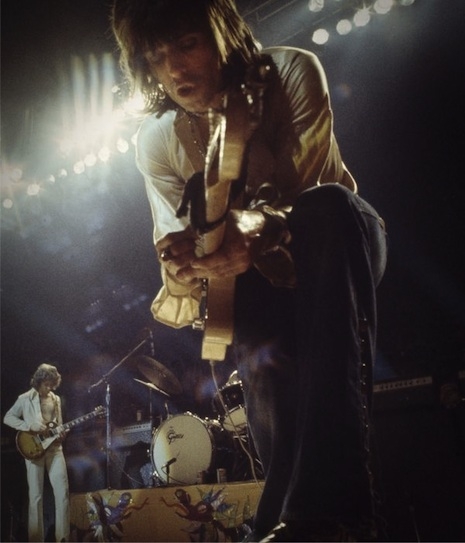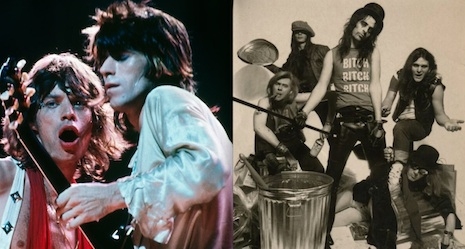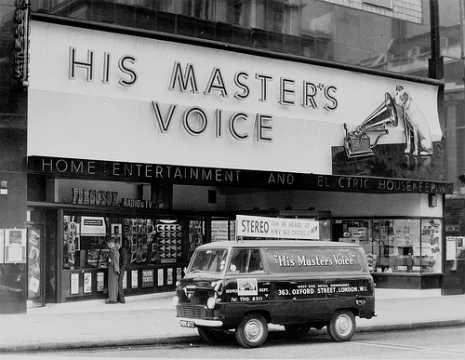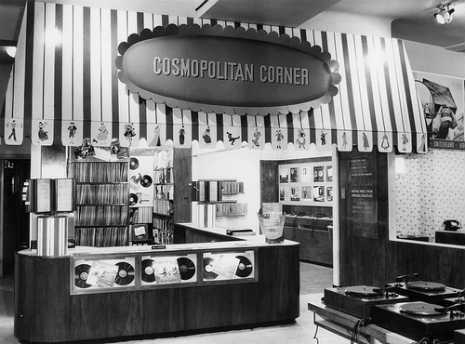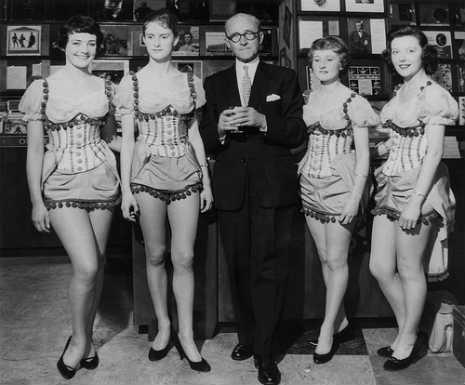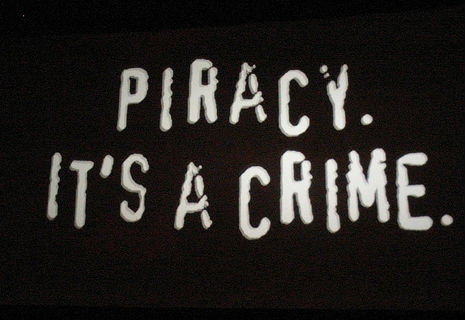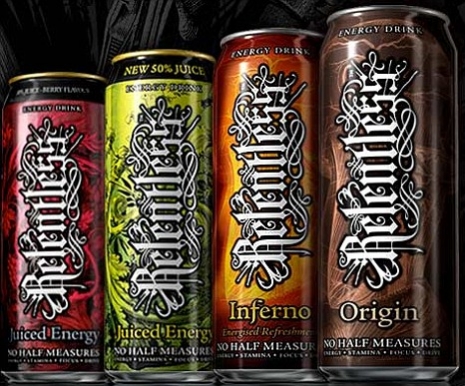
Yes, I am aware that Marc Campbell writing on this blog last month claimed that Everything Is An Afterthought: The Life and Writings of Paul Nelson is the music book of the year—which is why I have fudged the terms here and inserted the word “biography” into the headline. Shouldn’t there be a distinction between writers on music and musicians who write anyway? Well, it doesn’t really matter if you are more interested in the story or the music, as Nile Rodgers’ autobiography Le Freak: An Upside Down Story of Family, Disco and Destiny is packed to the last page with stories and anecdotes that will have you picking your jaw up off the floor.
If you consider yourself a music fan, then Nile Rodgers needs no introduction. He is a hardcore, bona-fide music industry legend. He not only co-wrote some of the biggest hits of the Seventies with his partner Bernard Edwards in the band Chic (“Le Freak”, “Good Times”, “We Are Family”), and produced some of the biggest records of the 80s (Madonna’s Like A Virgin, David Bowie’s Let’s Dance, Duran Duran’s Notorious, Diana Ross’ Diana.) His skills as a guitarist are beyond any doubt and have influenced a generation of musicians not only in the disco, funk and dance genres but further afield in post-punk and even hard rock. At a recent gig in Manchester, Rodgers’ Chic Organisation was joined onstage by The Smiths’ Johnny Marr who sat in on “Le Freak”—the pairing might seem unusual, but listen to their guitar styles and the influence is clear.
Le Freak is Rodgers’ candid autobiography, and what a tale he has to tell. Not only is this one of the most fascinating stories in modern music, with a cast list of some of the biggest stars in the world, but it’s also one of the most under-documented so to hear it coming from the proverbial horse’s mouth is a delight. There’s drugs, sex, rock’n’roll, drugs, booze, disco, hippies, drugs, Black Panthers, bohemians, buppies, drugs and some more drugs for good measure. The years spent playing and writing in Chic, while not given short thrift, are not the main focus of the book. Chic have been well documented elsewhere, in particular the book Everbody Dance: Chic and the Politics of Disco by Darren Easley. But where that book leaves off—namely the coke-fuelled 80s—is where Le Freak really kicks in to gear, with Rodgers working with Ross, Bowie, Ciccone and snorting his way through the GDP of a small country. Any mere mortal would be dead from the amount of coke Rodgers scoffed, but what’s even more impressive is his hardcore work ethic and the fact that he managed to keep it all together (and tight!) while under the influence.
But it’s the early years of Rodgers’ life that are the unexpected highlight. To call his upbringing unusual would be an understatement. Born to his mother when she was just 13, and only a few years before she became a full-time heroin addict, Nile travelled with his mother or one of his grandmothers between New York and LA during the 50s and 60s. His musically gifted father wasn’t present, but Nile ran into him in a couple of times on the street, and got to witness his vagrant lifestyle first hand in a couple of heart-breaking reminiscences. In Los Angeles, at the age of 13, Rodgers drops acid at a hippie pad and ends up hanging out with Timothy Leary. In New York, at the more wizened age of 17, he finds himself tripping balls in a hospital emergency ward as Andy Warhol is wheeled in, having just been shot by Valerie Solanas. This being the kind of incredible life that Rodgers leads, he is able to meet both men later on in life, in very different circumstances, and recount these tales directly to them. He credits events and coincidences like this in his life as something called “hippie happenstance.”
Yet, despite all the major celebrities who make regular appearances throughout the book (I particularly liked the story of meeting Eddie Murphy), this remains distinctly the Nile Rodgers story. It’s clear how important family is to the man, and despite his own family’s unusual set-up and dysfunction, it’s the Rodgers’ clan who are the anchor in this wild tale (even despite their own wild times consuming and selling drugs). Nile’s parents may have been junkies, and genetically predisposed him to his alcoholism, but they taught him about fine art, music, fashion and culture, which is not how heroin-addicted parents are generally perceived by the public.
Le Freak is an excellent book, and worth reading whether you like disco music or not. Nile Rodgers’ is one of the most important composers/musicians/producers of the 20th century, and it’s good to see him finally getting his due. But despite creating the biggest selling single for his then label, Atlantic, and producing the biggest break-out records for a generation of 80s pop superstars, it still packs a punch to read about the discrimination that Rodgers and his music faced from within the industry:
A few weeks later I did a remix of a song of [Duran Duran’s] called “The Reflex”. Unfortunately, as much as Duran Duran liked the remix, their record company wasn’t happy, and I was soon in an oddly similar situation to the conflict Nard and I had had with Diana Ross’ people.
Nick Rhodes called me moments after the band had excitedly previewed my retooling of “The Reflex” to the suits at Capitol Records. “Nile” he began, his monotone stiff-upper-lip English accent barely hiding his despair. “We have a problem”.
My stomach tightened. “What’s up Nick?”
He struggled to find the words. “Capitol hates the record” he finally said.
I was stunned. “The Reflex” was a smash. I was sure of it. This was déja vu all over again.
“How do you guys feel about it?” I asked a little defensively.
“Nile, we love it. But Capitol hates it so much they don’t want to release it. They say it’s too black sounding.”
Too black sounding? I tried not to hit the roof, but in a way it was nice to hear it put so plain. Finally someone had just come out and said it.
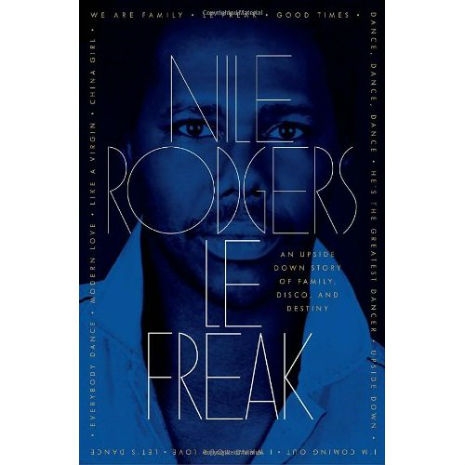
Le Freak: An Upside Down Story of Family, Disco and Destiny by Nile Rodgers is available here.
Previously on Dangerous Minds:
Nile Rodgers dishes the dirt on Atlantic Records
Miles Davis talks about his art on Nile Rodgers’ ‘New Visions’
Posted by Niall O'Conghaile
|
11.16.2011
03:57 pm
|
